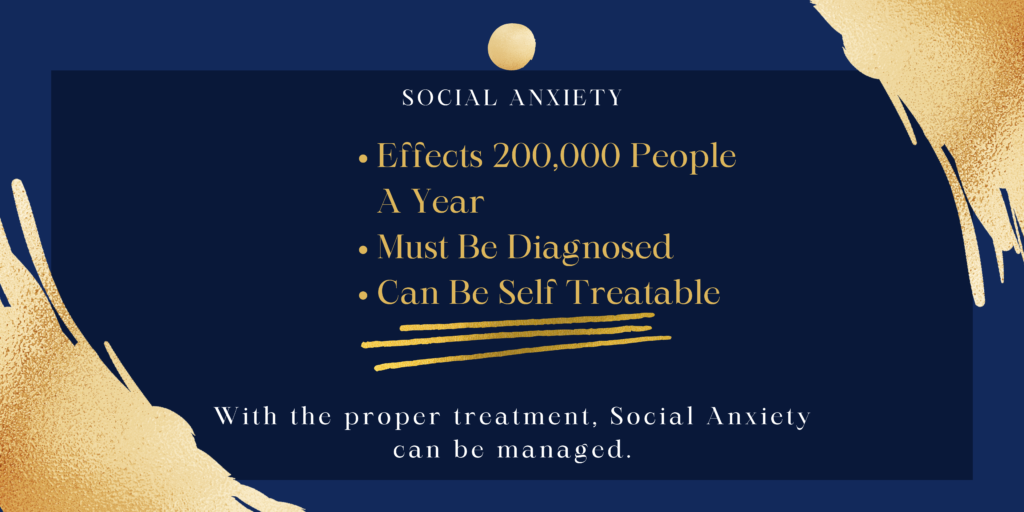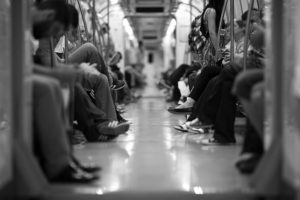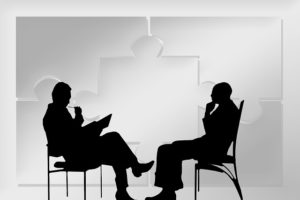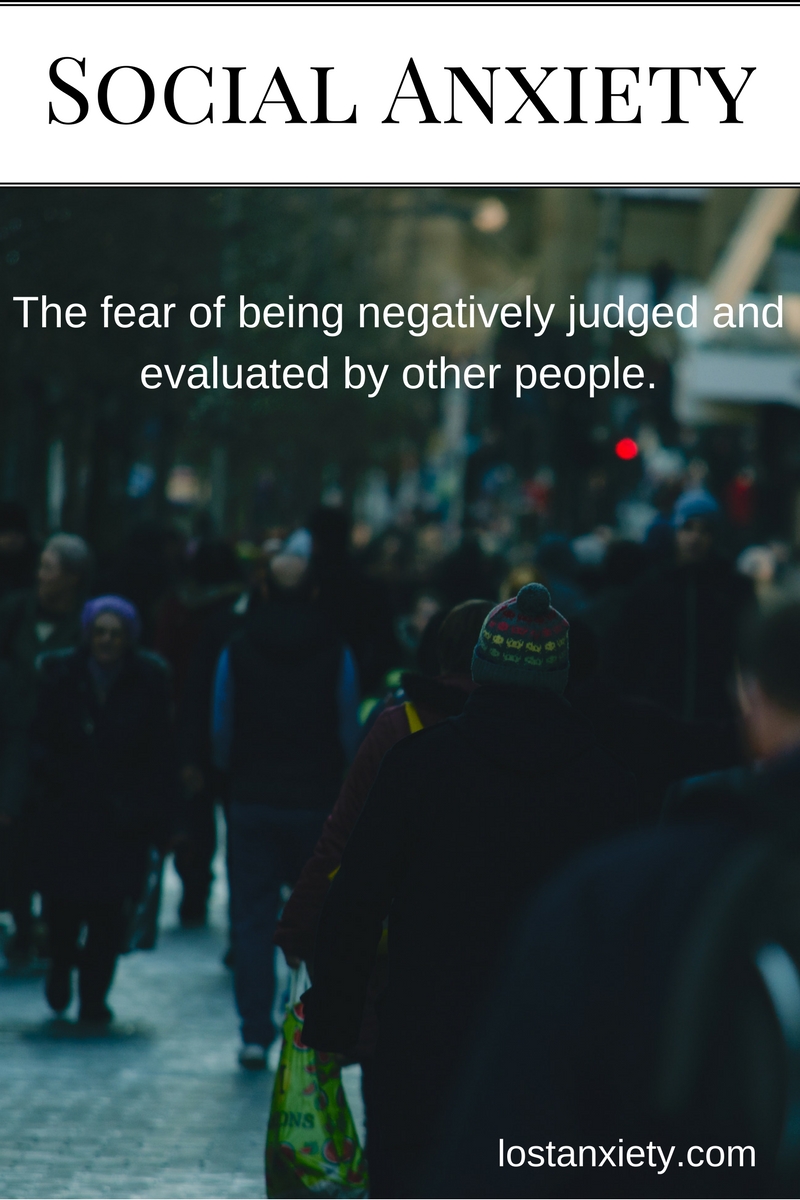
What is Social Anxiety?
Social anxiety which is also referred to as social phobia is a medical disorder where an individual is overwhelmed by the fear of social interaction or it is the extreme fear developed by individuals due to heavy or slight and judgment by people in some social situations.
How To Identify Social Anxiety.
It is quite common among teenagers (as it usually starts during the teenage years) but not limited to teenagers only as it has been observed in lots of adults also.
This condition has been misunderstood by many to be a medicalized shyness. However, that is not the case as social phobia is real and it is really causing havoc in the lives of those suffering from it.
This anxiety usually interferes with normal daily routines and social life, making it difficult to get a job, complete school, go on interviews, and have friendships or romantic relationships.
Those living with this condition have little or no social interaction with others, making them feel ashamed or lonely. They personally are observant of the fact that their fears are unreasonably excessive.
Which can make them feel powerless and unable to change their situation, mostly feeling they will embarrass themselves in public with any of their actions.
Social Phobia May Occur During:
A performance situation in school or at work where you have to give a speech or you are being watched by so many people doing a simple task.
Social interaction such as having a meal with friends or family, or trying to make small conversation or job interview.
COMMON SOCIAL ANXIETY TRIGGERS
Some many people experience social anxiety in most situations while anxiety in others is connected to some specific social situations, such as:
- Meeting new people
- Engaging in small talk
- Public speaking to large crowd
- During a Stage Performance

- Being the center of attention
- Having so many eyes on you while doing something
- Public teasing or criticisms
- Speaking with an authority figure
- Being called out in a class
- Attending a date
- Speaking up in a meeting
- Using general restrooms
- Taking exams or interview
- Eating or drinking publicly
- Attending parties or other social functions
SYMPTOMS OF SOCIAL ANXIETY
As mentioned earlier, social anxiety is far beyond shyness due to its severity. Mainly, it has more to do with intense fear within an individual that never goes away. This affects their self-confidence and their day to day activities.
Physical Symptoms
• Racing heart
• Shortness of breath
• Nausea
• Sweating
• Blushing or red face
• Depression
• Dizziness which can lead to fainting in rare cases 
• Trembling and shaky voice
Behavioral Symptoms
• The act of attending every function with a friend
• Drinking to soothe nerves before giving a public speech
• Staying in background to avoid embarrassment
• Limiting ones social activities by avoiding social function at all cost
Emotional Symptoms
• Fear of being observed or judged by people you don’t know
• Fear of others noticing that you’re nervous
• Fear of publicly humiliating or embarrassing yourself
• Intense worry before an upcoming event
• Too much anxiety and self-consciousness in everyday social situations
TREATMENTS OF SOCIAL ANXIETY
The best ways to combat Social Anxiety Disorder are Psychotherapy and use of Medication. In severe cases they can both be used as a combination treatment.
Psychotherapy
This is the psychological counseling of people suffering from social anxiety disorder with the aim of trying and improves their symptoms.
The most common type of counseling is Cognitive Behavior Therapy.
During the course of this therapy, patients learn to identify and change negative thoughts about themselves and work more on developing self confidence in social situations.
learn to identify and change negative thoughts about themselves and work more on developing self confidence in social situations.
This therapy is expected to improve the coping skills of patients and help them develop the required confidence to deal with anxiety-inducing conditions.
Patients may also participate in skills acquisition or role-playing to exhibit some social skills and gain confidence when relating to others.
Medicine And Prescription Drugs
Medicines are often used for the treatment of severe, or Generalized Social Anxiety Disorder, such drugs include:
Monoamine Oxidase Inhibitors also known as “MAOIS” are used to relieve depression and anxiety. Though, MAOIS are known to possess serious side effects when used with foods such as some red wine and cheeses.
Benzodiazepine is another medication used to relieve anxiety. 
They are generally not prescribe to those who have substance abuse problems because they act fast and can be easily abused. Beta-blockers are mostly used to treat physical symptoms of anxiety such as rapid heart rate tremors.
The secret to overcoming social anxiety and fear generally is by being confident and sure of whom you really are.
All you have to do is to face your fear, embrace your weakness, and strive hard to make it your strongest point. No one will achieve this better than you. Be that change!
